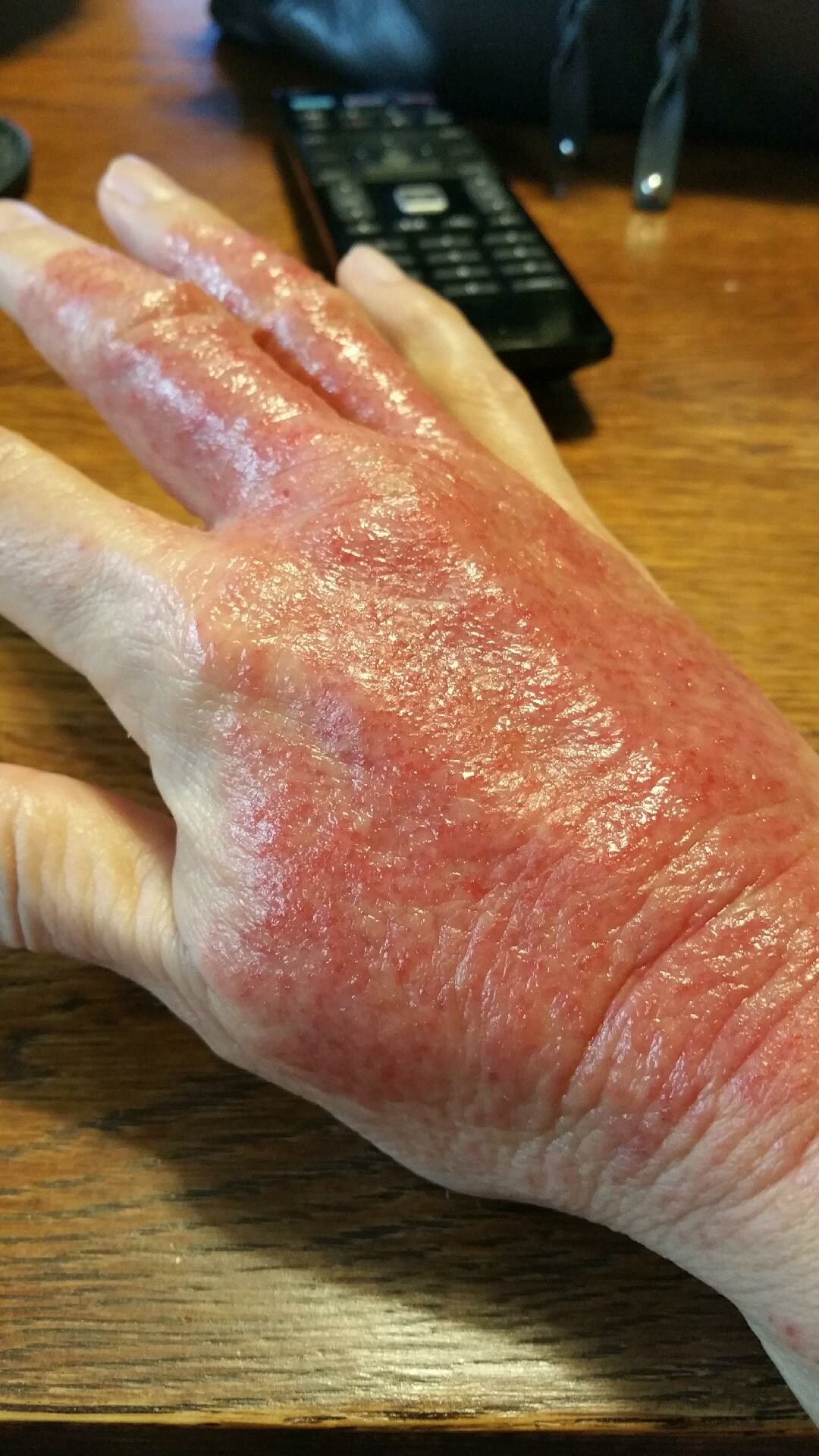
Most of us have experienced a night or two with less than the optimal amount of sleep. However, when these types of nights extend into weeks and months, then your body can start being affected in other ways.
Why Sleep Is So Important
Lack of sleep can affect how we feel during waking hours such as slowed thinking, difficulty paying attention, lack of energy, poor decision-making, and mood changes that include stress, anxiety, and irritability.
Long-term, lack of sleep has more far-reaching affects on every system of your body......
- Cardiovascular Disease
- Diabetes
- Obesity
- Worsened Immune Function
- Hormonal Abnormalities
- Pain
- Mental Health Disorders
If you are having trouble sleeping occassionally or have had chronic sleeping issues, it is never too late to start applying this 9 lifestyle tips for getting a good night's sleep.
9 Lifestyle Tips For A Good Night's Sleep
- 1) Physical Activity
- Develop a regular daytime activity and a regular exercise schedule
- 2) Try moderate exercise late afternoon or early evening
- Avoid vigorous exercise 4hrs before bedtime
- 3) Reduce Light, Excessive Temperature, and Noise During Sleep (to the extent possible within your control)
- A dark room is more conducive for sleep
- Avoid temperatures over 75 degrees and below 54 degrees (Fahrenheit)
- Environmental noise can prevent initial sleep and falling back to sleep
- 4) Food
- Help set your "biological clock" with regular meal times
- Avoid eating 3-4 hrs before bedtime
- Avoid midde of the night snacking
- Avoid drinking too much liquid in the evening
- 5) Alcohol, Caffeine, Nicotine
- Alcohol is a depressant but will cause light sleep and cause wakenings later in the night
- Makes you dehydrated causing you to awaken due to thirst
- Can cause stronger reactions/effects of medications and sleeping pills
- Avoid 4-6 hrs before bedtime
- Caffeine and Nicotine are both stimulants
- Avoid caffeine use after lunch (including medications and other items......check your labels!!)
- Avoid nicotine 2 hrs before bedtime or remove completely
- 6) Get Some Natural Light
- Spend 30-60 minutes outside during the day
- 7) Wind Down Before Bed
- Set aside an hour or so before bed doing something relaxing
- Develop a "pre-bedtime" routine that you do every night before bed that is not too stimulating
- 8) Put The Bedroom Clock Out-Of-Sight
- Turn the clock around or place where it cannot be seen
- Watching the clock puts undue pressure on people with insomnia
- 9) Napping: Yes or No?
- Avoid napping
- Guidelines if napping is necessary:
- Only once each day
- Only in your bed
- Schedule 7-9 hrs AFTER your morning wake up time
- Nap for only 15-30 minutes and at the same time each day
- If you can't fall asleep, get up!
These 9 tips are a great place to start if you are having trouble sleeping. It is, however, very important to check with your health-care provider or pharmacist before making any adjustments to medications or prescriptions.
It is also important to get to the root cause of a sleep issue. Some issues go much deeper. Check out these other tips:







